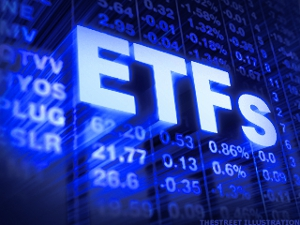Are you thinking of investing in bonds and exchange-traded funds or ETFs? Well, you can easily do it online from the comforts of your home or office. Online bonds and ETF trading have become quite popular today but like every financial investment, these are fields you have to approach with care and a good background knowledge to avoid making huge losses in the long run.
Bonds Trading
Bonds are actually debts or IOUs that a government or company give you in exchange for cash. They’ll give you a coupon which will be paid twice every year. When the loan term ends, the bond issuer will give you back the entire principal.
Governments and corporations sometimes use bonds to borrow money and finance their operations. Most online bond transactions are completed through trusted bond brokers. These online bond brokerage services provide an easy and inexpensive way of trading in bonds. All you need to do at first is arm yourself with the necessary knowledge about bonds trading then go ahead and open an account with a good trustworthy bond broker. It pays to do due diligence before you choose a broker as some of them are known to charge high fees or asking for a high minimum deposit, sometimes as high as $5,000. The most important part of your online bond trading journey is to find the best broker with the best terms.
Investing in ETFs
When you are starting to invest in ETFs, you may not know which assets a fund manager holds or other important details that may affect your investment negatively. ETFs have lower fees than mutual funds but pay close attention to commissions and other fees charged as these fees could amount to higher charges.
Take note that ETFs can either increase or decrease in value and the value of your shares can end up lower than the original cost. As a new ETF investor, take time to learn and master fundamental ETF aspects such as fees and expenses, impact of ETF on your taxes, ETF annual average returns, the dollar cost average concept as well as its risks and costs, terminology for order entry and positions such as long and short, and monitoring market indices including Nasdaq Composite, S&P 500, Russell 2000, and DJIA. It will also be important to know how an ETF is different from an index, basic SIPC insurance and why it does matter, and how to learn more from your gains and losses to help you make a better judgment in future.
Conclusion
You won’t become a master of online bond trading and ETF investing overnight. Take time to learn as much as you can, especially from your mistakes. You’ll learn more by reading every relevant publication you find about bonds online trading and ETFs. Most beginner investors who make the mistake of following their emotions end up losing money.


